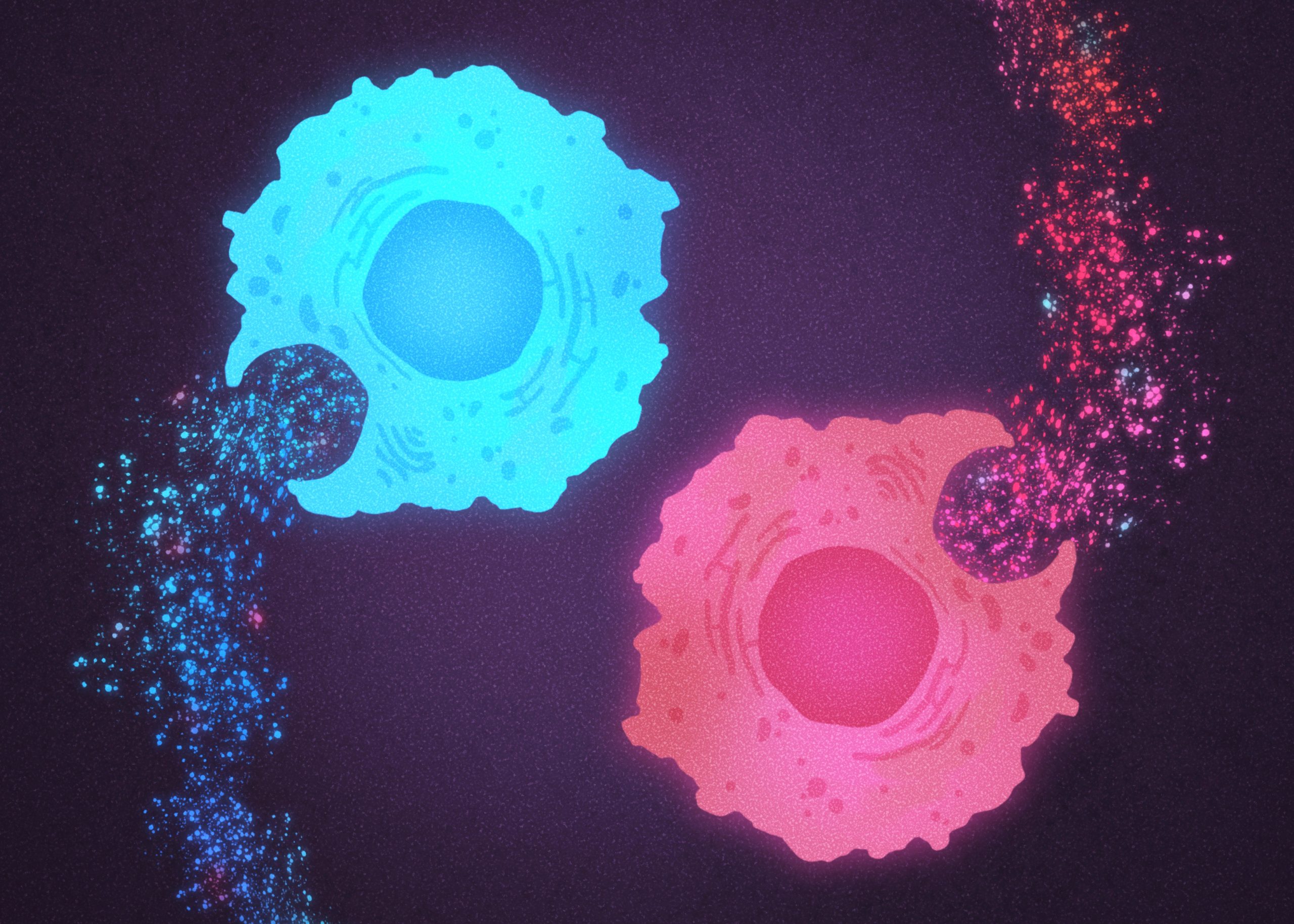
Click here for a high-resolution image.
Credit: Salk Institute
Salk scientists establish novel Link between cell nutrition and identity, say targeting nutrient-dependent activity could improve immunotherapies.
The decision between scrambled eggs or an apple for breakfast probably won’t make or break your day. However, for your cells, a decision between similar microscopic nutrients could determine their entire identity...
Read More








Recent Comments